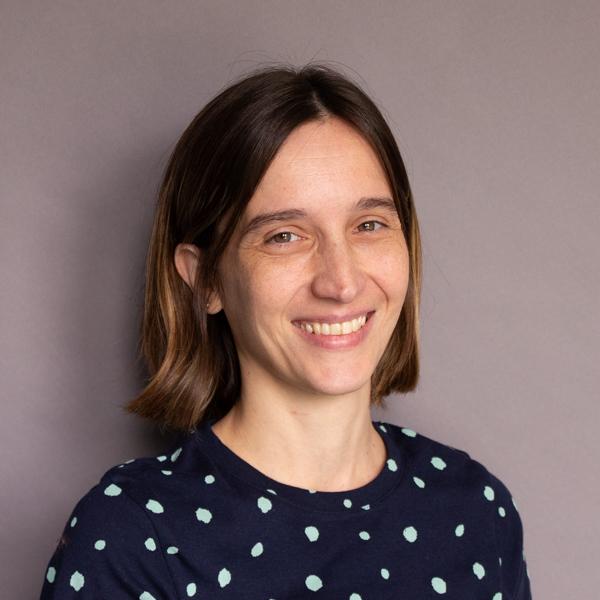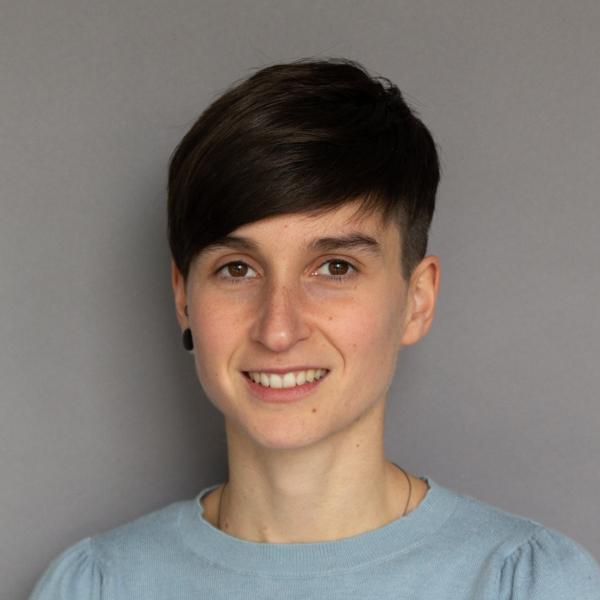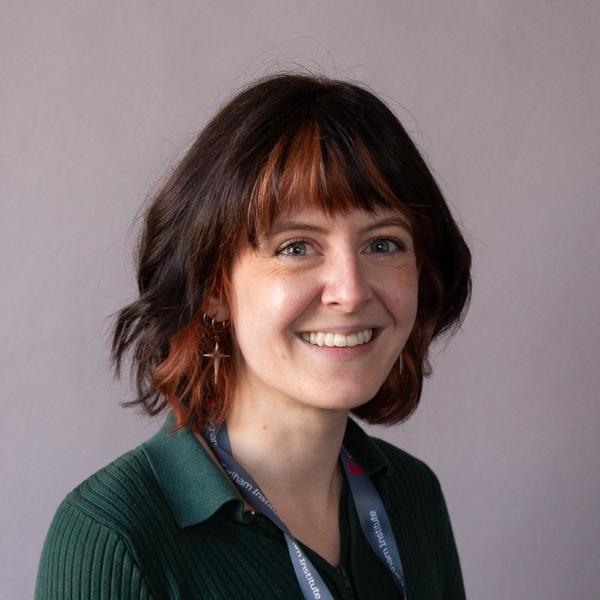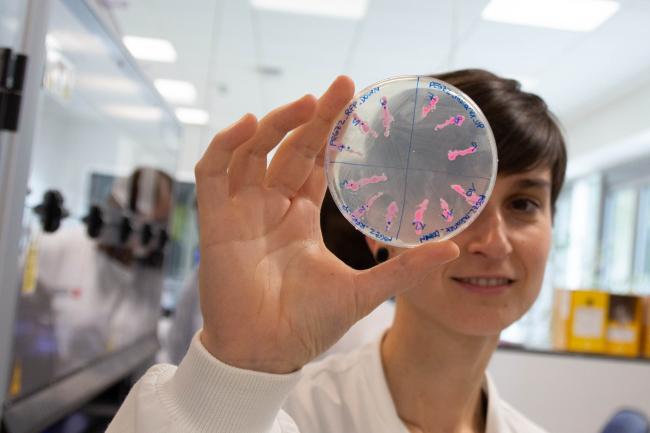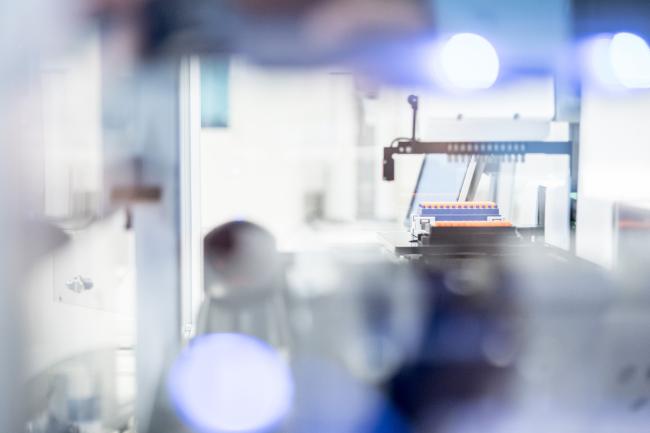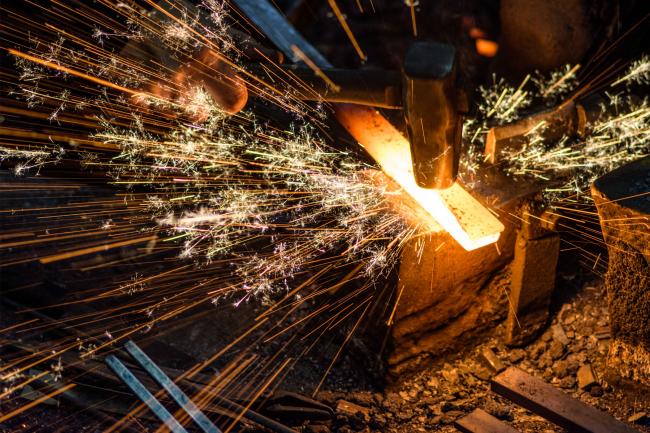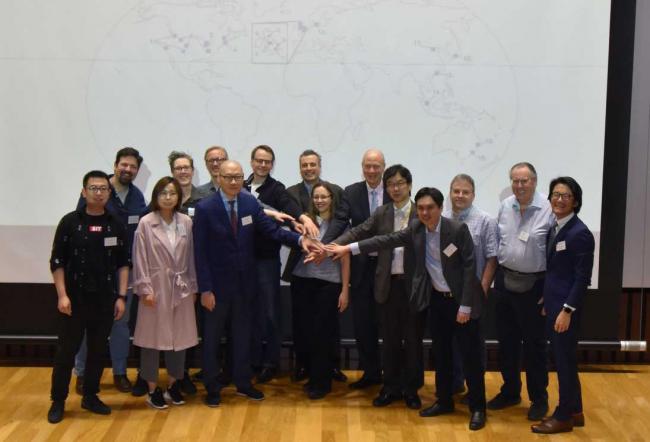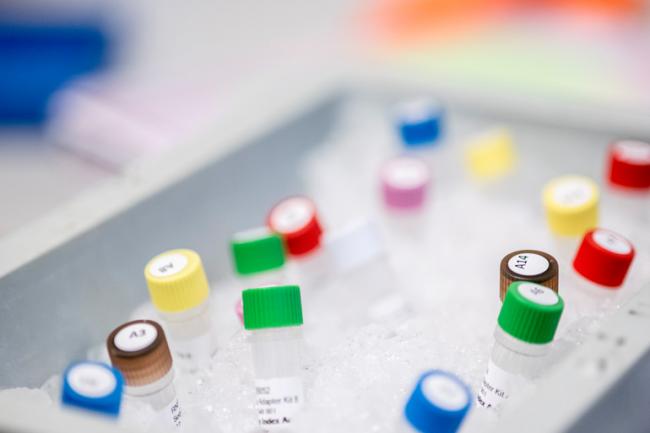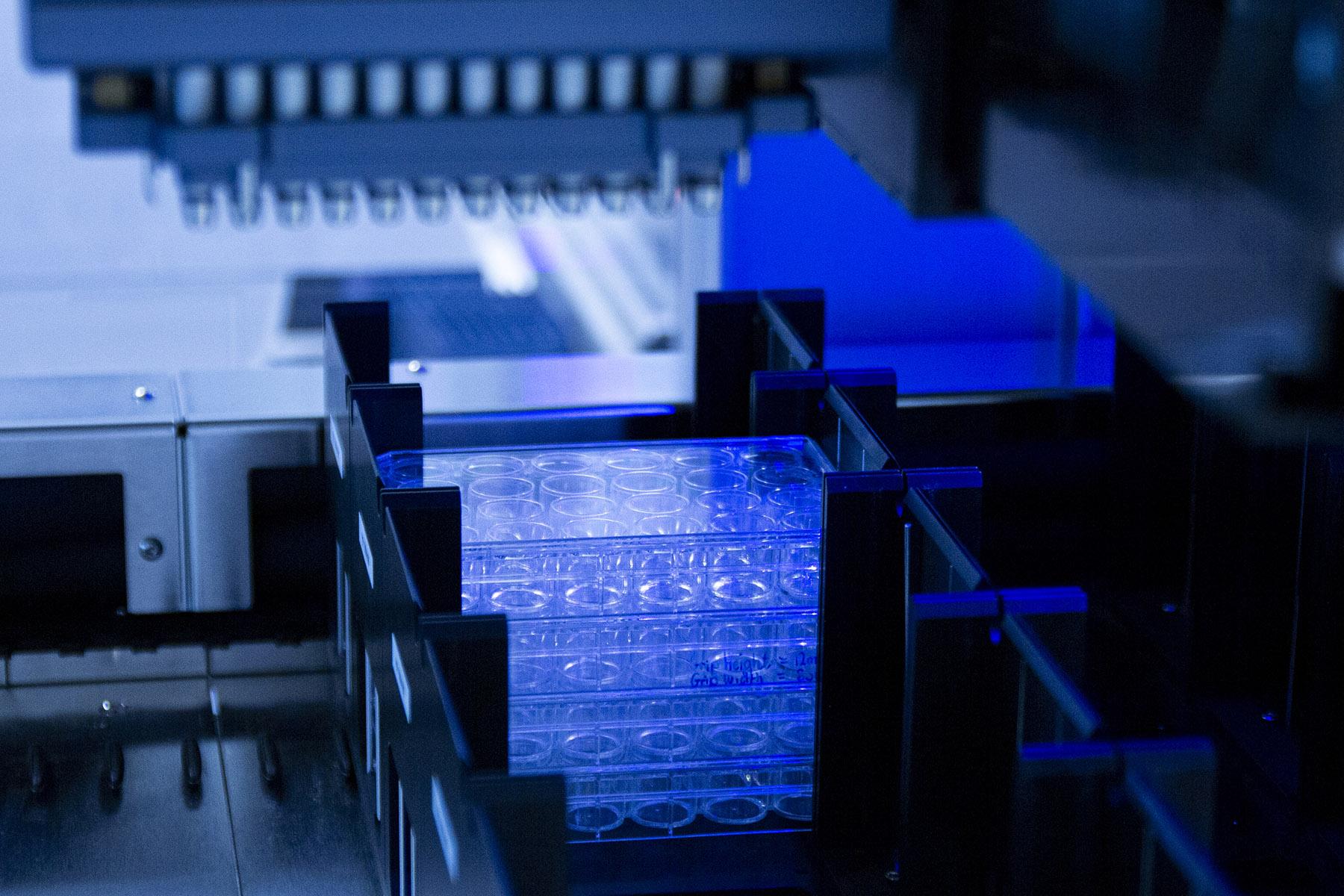
Working with us
We welcome all enquiries from academia and industry. We would be happy to provide our expertise and facilities for the development of customized workflows or automation training.
Platform Lead:
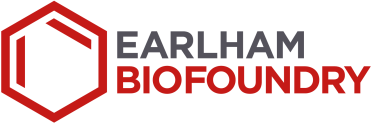
The Earlham Biofoundry is strategically supported by BBSRC, part of UKRI, through the National Bioscience Research Infrastructure.
Access technical and scientific expertise
The Earlham Biofoundry is a resource for the UK biology and biotechnology communities, providing a platform to undertake large-scale projects.
We house suites of laboratory automation that, together with our expertise in large-scale experimentation and synthetic biology, can be applied to numerous molecular and microbiological workflows.
Synthetic Biology applies engineering principles such as standardisation and modularisation to biological sciences through the application of iterative design-build-test-learn cycles (DBTL). The standardisation of biological components and reactions allows experimental workflows to be automated.
This offers the potential to revolutionise the speed and scale of research, increasing accuracy and allowing miniaturisation to reduce costs. The adoption of these principles and approaches enables scientists to pursue complex experimental designs.
Established automated workflows are available to researchers across academia and industry and can be requested as a service. Alternatively, we can work collaboratively, contributing our scientific expertise and technical knowledge to develop new methods, automate, and scale up workflows, applying synthetic biology approaches to scientific problems.
We also provide training in laboratory automation through practical training sessions, laboratory placements, training courses and by hosting collaborators.
Service workflows
We make our automation methods and protocols available to the bioscience community on GitHub.
We offer access to a number of highly-optimised automated workflows on a fee-for-service basis. These are performed on our state-of-the-art automation platforms including:
- Nanoscale DNA assembly, including combinatorial libraries (scroll down for more information about this service)
- Validation of DNA assemblies by sequencing
- Bacterial transformation
- Colony picking and arraying
- DNA purification, quantification and normalisation
- High-throughput microfermentation
- Automated high-throughput DNA electrophoresis (eGels)
- Sample and stock curation, storage and retrieval
- Nanoscale PCR, qPCR and Nucleic Acid clean-up
- Cell free protein systems (CFPS)
Our automation capabilities
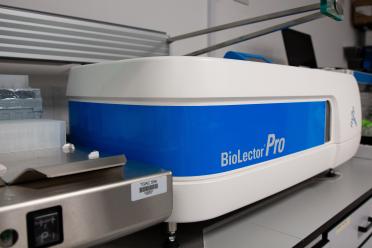
BioLector
Cell line, strain screening, media screening and optimisation: An automated platform for both aerobic and anaerobic micro-fermentation with the option of microfluidic plates for automated maintenance or adjustment of growth media.
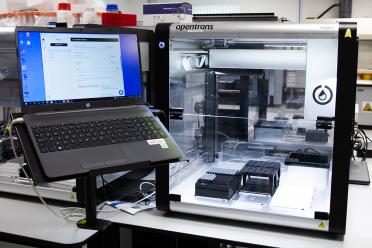
Opentrons
Opentrons
Opentrons (OT-2) are bench-top liquid handlers accessible and flexible to automate many common applications. Can be used to manipulate small volumes of liquids for the purpose of undertaking biochemical or chemical reactions.
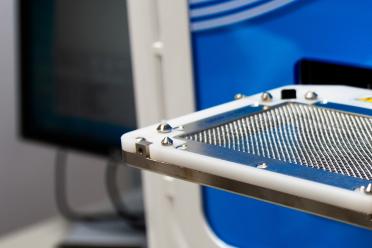
Echo650 Beckman
Echo650 Beckman
Echo 650 is an Acoustic Liquid Handler ideal for high-throughput applications. It allows transfer of 2.5 nL solutions. Enables assay miniaturization in a broad range of applications
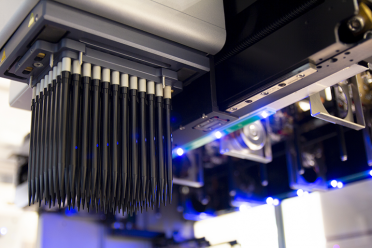
Hamilton STAR and STARPlus
Hamilton STAR and STARPlus
Hamiltons are versatile liquid handling platforms with customisable deck layouts, a broad range of tools (labware gripper, pipetting channels, iSWAP Robotic Transport Arm), superior measurement accuracy, anti-droplet control and liquid level detection technologies. It has the versatility to work with 96 well and 384 well plates, utilising both 8 channel and 96 channel heads.

Pioreactor
Pioreactors provide a small-scale (15 m) fermentation system featuring compact, affordable, and user-friendly hardware, paired with open-source software. The system supports customizable and versatile applications, enabled by basic automated liquid handling and a pumping system. It allows for growth monitoring of yeast, bacteria, and algae, with features like temperature control and LED lighting for cultivating photosynthetic microorganisms, effectively functioning as photobioreactors. Additionally, Pioreactors enable the creation of clusters to control multiple units in parallel.
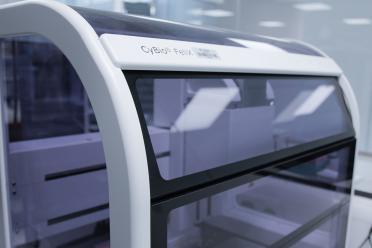
CyBioFelix
CyBioFelix
The Felix platforms provide flexible and fully automatic multi-channel pipetting on a unique two-level deck system with easy-to-change pipetting heads.
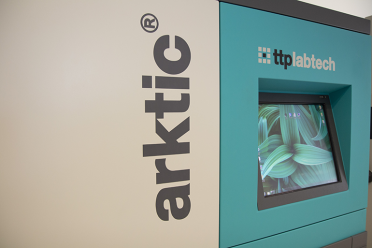
arktic
arktic
An automated low-temperature (-70C) storage and barcoded-based retrieval system. Large capacity storage: 80,000 samples
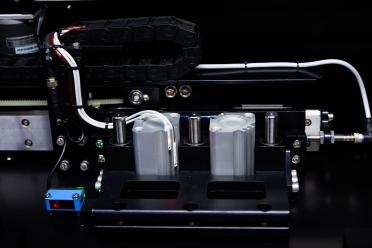
K6³ Colony picking system
K6³ Colony picking system
An automated and sustainable colony picking platform with multiple options for source and destination plates.

Quant Studio 6 Pro
Quant Studio 6 Pro
The QuantStudio 6 Pro system is a qPCR platform suitable for 384 well plates enabling high productivity in a small footprint device.
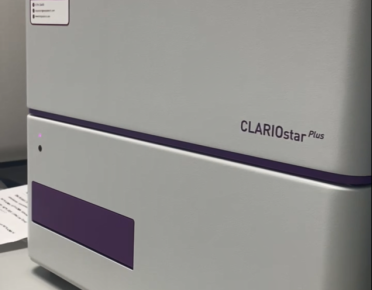
CLARIOstar Plus
CLARIOstar Plus
Flexible Plate reader that allows plate-based detection of Fluorescence intensity, Luminescence and UV/vis absorbance spectra
Collaborative projects
We specialise in the rapid design, construction, and testing of genetically reprogrammed organisms.
However, we have worked on a range of different projects contributing our expertise in laboratory automation and synthetic biology approaches, experimentation to optimise experiment design, increase throughput, reduce reaction volumes and improve reproducibility.
We have worked with a range of different partners in academia and industry.
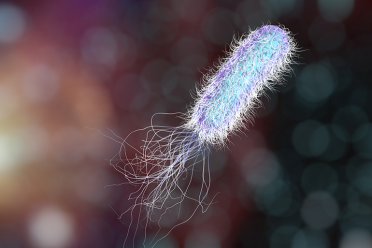
Gene-cluster ID
John Innes Centre, Norwich.
Project: A biofoundry workflow for the identification of biosynthetic gene clusters associated with microbial growth inhibition
Project: In this collaboration we demonstrated the applicability of biofoundries to molecular microbiology, describing the development and application of automated workflows to identify the genetic basis of growth inhibition of the plant pathogen Streptomyces scabies by a Pseudomonas strain isolated from a potato field.

Colorifix.
Colorifix.
Project: A modular synthetic biology pipeline for the engineering of next generation sustainable and bioactive dyes
Project: ased on advancements in synthetic biology, Colorifix offers an ecological and sustainable alternative to conventional dyeing techniques by converting low-cost commonly available agricultural by-products such as sugar molasses into high value pigments and dyed textiles. All of this can be done without any acids, heavy metals or solvents as required in conventional dyeing.
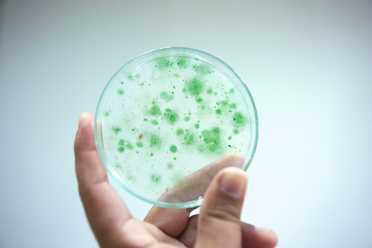
Cyanosource
University of East Anglia (UEA).
with University of Edinburgh and The Edinburgh Genome Biofoundry
Project:CyanoSource: A foundry generated barcoded mutant library resource for the model cyanobacterium Synechocystis sp. PCC 6803
Project Description: In this project we are constructing a whole genome mutant library, targeting 3,456 genes in the model cyanobacterium, Synechocystis sp. PCC 6803.
DNA Assembly
Parallel DNA assembly methods allow multiple fragments of DNA to be compiled in a desired order in a single reaction.
Several methods enable the efficient one‐step assembly of multiple DNA parts into a suitable plasmid acceptor at high efficiency. These allow multiple plasmids housing standardized DNA parts of interest are combined in an enzyme cocktail.
The Earlham Biofoundry can work with most assembly methods and plasmid toolkits. Please note, to use plasmids provided by a third party you will require an MTA with the originating party. We have completed projects using the following toolkits.
-
-
Publication: Engler et al (2014) A golden gate modular cloning toolbox for plants. ACS Synth Biol. 3(11):839-43
-
-
Publication: Dudley, Quentin M et al. “Biofoundry-assisted expression and characterization of plant proteins.” Synthetic biology (Oxford, England) vol. 6,1 ysab029. 11 Sep. 2021, doi:10.1093/synbio/ysab029
Access to the standard DNA assebly yet to be confirmed.
Plasmids available from Addgene: In process
-
-
Publication(s): Storch, Marko et al. “BASIC: A New Biopart Assembly Standard for Idempotent Cloning Provides Accurate, Single-Tier DNA Assembly for Synthetic Biology.” ACS synthetic biology vol. 4,7 (2015): 781-7. doi:10.1021/sb500356d
Storch, Marko et al. “BASIC: A Simple and Accurate Modular DNA Assembly Method.” Methods in molecular biology (Clifton, N.J.) vol. 1472 (2017): 79-91. doi:10.1007/978-1-4939-6343-0_6
-
-
Mobius Assembly Andreou A and Nakayama (2018) 16 parts
Publication: Mobius Assembly - PubMed (nih.gov)
-
-
SEVA García-Gutiérrez C et al 2020 (36 parts)
-
-
Moclo MYT Shaw WM, et al 2023 (96 parts)
Publication: A Multiplex MoClo Toolkit for Extensive and Flexible Engineering of Saccharomyces cerevisiae - PubMed (nih.gov)
Meet the team.

Working with the Earlham Institute allows us to really quickly scale up our Research and Development, this way we have the right people to not just help us do it but teach us how to do it better.

Orr Yarkoni, CEO, Colorifix
